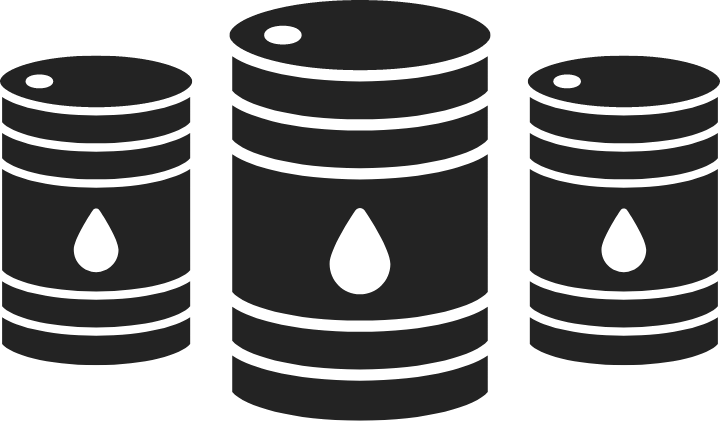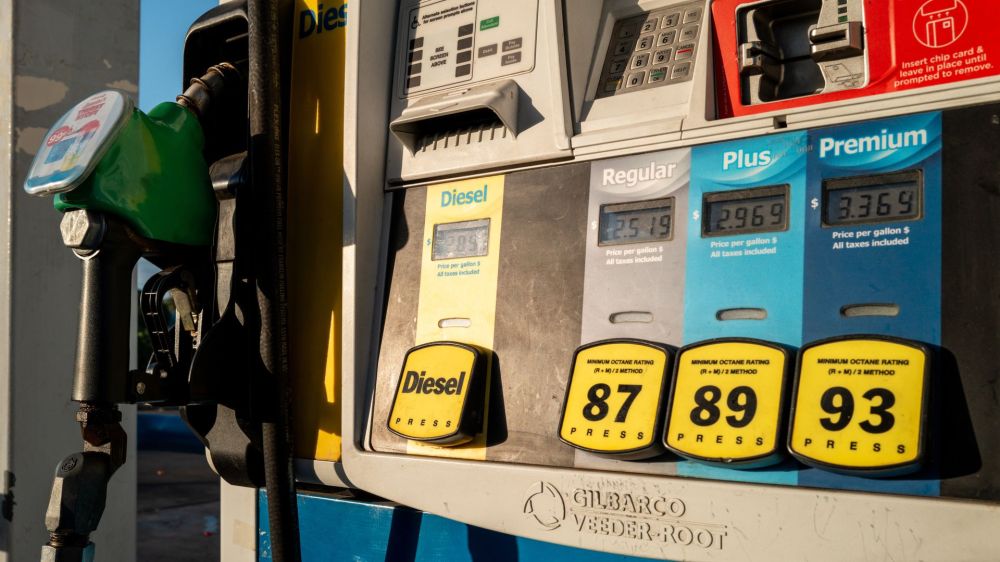Israel’s attack on Iran created waves across the global market as investors moved towards safer assets. Stocks dropped, while oil prices rose sharply and gold approached record highs.
Stocks fall
All three major U.S. indexes closed down on Friday, June 13, erasing gains from the week. The selloff continued late in the afternoon with reports of Iran launching ballistic missiles at Israel.
The Dow Jones closed about 2% down, while the Nasdaq dropped nearly 1.5% and the S&P dropped about 1.3%.
Several major tech companies mirrored the broader market decline, with Google, Amazon and Nvidia each falling about 1%.
Israeli Prime Minister Benjamin Netanyahu stated that this operation could continue for days, underscoring the uncertainty for investors.
Oil prices rise
Following the Israeli attack, crude oil prices jumped sharply. U.S. crude rose 7.3%, while Brent crude, the international benchmark, climbed 7%. It was the largest single-day gain since Russia’s invasion of Ukraine in 2022.
Iran is one of the world’s largest producers of oil, although sanctions from Western countries have limited sales. Analysts have also pointed to the potential for disruptions in the Strait of Hormuz. That’s a waterway off Iran’s coast, where some 17 million barrels of oil, or 20-30% of the world’s supply, pass daily.
The jump in prices likely means Americans will be paying more for gas in the coming weeks. Gasoline market analyst Patrick De Haan of GasBuddy.com said the U.S. can expect to see prices rise anywhere from 10-25 cents per gallon.
Unbiased. Straight Facts.TM
The Strait of Hormuz, a waterway off the coast of Iran, handles nearly 17 million barrels of oil per day.

The possibility of a potential hike emerged as Americans already face higher-than-usual gas prices across the summer months.
It’s a similar problem former President Joe Biden faced when the Russia/Ukraine war started. Prices are rising in America because of a foreign war outside of America’s direct control.
“We are not involved in strikes against Iran, and our top priority is protecting American forces in the region,” Secretary of State Marco Rubio said.
Gold prices rise
As is typical with geopolitical unrest, demand for safer assets, including gold, rose. It marked the commodity’s highest surge in nearly two months. Gold futures jumped nearly 1%, while spot prices rose about 2%, pushing overall weekly gains to roughly 4%.
The price of gold approached the record high of $3,500.05 set in April of this year.
Gold is seen as a safe-haven asset because gold’s value is not tied to the performance of any government, corporation or currency. Unlike flat currency, gold’s supply is also finite, which protects it from inflationary pressures.
For example, during the 2008 financial crisis, when the stock market crashed, gold prices rose 25%.

































